Table of contents
Finding the right qualified intermediary (QI) is essential for a successful 1031 exchange. A QI ensures your exchange meets IRS rules while safeguarding your funds. But how do I find the best qualified intermediary near me? This guide will break it down step by step.
What to Look for in a Qualified Intermediary
Experience and Expertise
Not all QIs are created equal. Experience matters when it comes to navigating the complexities of 1031 exchanges. A seasoned QI has likely handled deferred, reverse, and improvement exchanges, giving them the knowledge to guide you.
Don’t forget to look at client reviews or ask for references. A strong reputation speaks volumes.
Also, some QIs can only do transactions in one or a small number of states. It’s better to have a QI that can practice nationwide in case you end up buying in another state.
Compliance and Security
The IRS has strict rules for 1031 exchanges. Your QI should understand these rules and help you stay compliant. They should also have robust security measures for holding your funds. Ask if they use segregated accounts and whether they’re bonded and insured. These details protect your investment.
Accessibility and Customer Support
Communication is key in a 1031 exchange. Your QI should be easy to reach and quick to respond. A dedicated representative or team can make the process smoother. Avoid QIs that are hard to contact or vague in their answers.
Fees and Transparency
Every QI has a fee structure. Be wary of fees that seem too low—they might cut corners. Also, be wary of Qis charging as a percentage of the sales price as the fee is likely to be too high. A good QI will provide a clear breakdown of costs upfront. Hidden fees are a red flag.
How to Research Qualified Intermediaries Near Me
Online Reviews and Testimonials
Start your search online. Look at reviews on Google, the Better Business Bureau, and real estate forums. Pay attention to patterns in the feedback. Are there consistent complaints about delays or poor communication? These are warning signs.
Industry References
Ask your real estate agent, attorney, or fellow investors for recommendations. Word-of-mouth referrals are often reliable. People in the industry know who delivers results.
Certifications and Memberships
Look for QIs affiliated with reputable organizations like the Federation of Exchange Accommodators (FEA). Verify these credentials—don’t just take their word for it.
Questions to Ask When Interviewing a Qualified Intermediary
Don’t be afraid to ask tough questions. Here are some to consider:
- How many 1031 exchanges have you completed?
- Can you provide references from past clients?
- How do you ensure compliance with IRS guidelines?
- What is your process for securing and handling exchange funds?
- Are there additional services you offer, like advisory consultations?
A trustworthy QI will answer these questions confidently and transparently.
Red Flags to Avoid
Some signs should make you think twice about a QI:
- No verifiable credentials.
- Poor communication or delayed responses.
- Limited to transactions in a few (or one) state
- Unclear or overly cheap fee structures.
- Fees based on a percentage of the sales price.
- Lack of a clear process for securing funds.
If something feels off, trust your gut and look elsewhere.
Case Studies: Success with the Right QI
Case Study 1: Smooth Sailing with an Experienced QI
A real estate investor planned a deferred exchange for a rental property. They chose a QI with over 20 years of experience. The QI’s clear guidance and prompt communication made the process stress-free. The investor successfully deferred taxes and reinvested in a larger property.
Case Study 2: Trouble with the Wrong QI
Another investor picked a QI with rock-bottom fees. Unfortunately, the QI’s inexperience led to errors in the paperwork. The IRS disqualified the exchange, resulting in a hefty tax bill. The investor learned the hard way that cheaper isn’t always better.
Final Tips for Picking the Best QI Near Me
- Start your search early. Don’t wait until the last minute to vet your options.
- Prioritize experience, transparency, and accessibility.
- Use referrals and reviews to guide your decision.
Conclusion
Choosing the right qualified intermediary is one of the most important decisions in a 1031 exchange. Take your time, do your research, and ask the right questions. With the right QI, you’ll set yourself up for a smooth and successful exchange.

Real Estate Agents and 1031 Exchanges: A Crucial Partnership

Yes, You Can Finance Your 1031 Exchange Property – Here’s How



